Editor’s Pick: GCC offers new home for aluminium manufacturers
With a steady availability of raw materials, a business-friendly environment and strong logistical connectivity to consumer markets, the Middle Eastern case for aluminium manufacturers has never been stronger.
Amid all the chatter about the fourth industrial revolution and its potential for new types of business, opportunities in more traditional sectors may perhaps be overlooked. A GCC-wide strategy to localise manufacturing is bearing fruit, thanks to the resourceful combination of innovative industrial policies, attractive investment legislation and cost-efficient business infrastructure. In particular, new manufacturing opportunities have been opened up in the aluminium sector, thanks to capacity increases in countries such as Bahrain, and a growing global demand for semi-fabricated products.
Global demand for aluminium is growing considerably, with worldwide consumption expected to rise to 70 million metric tonnes next year, and grow another 70 per cent to 120 million tonnes by 2025. A number of factors are contributing to this growth.
New prospects for manufacturers
Around the world, featherweight aluminium is replacing heavier steel in the automotive and aerospace industries, where environmental legislation requires lighter, and often electric, vehicles. By 2025, for example, aggregate global use of aluminium in automobiles will double from around 12 % to 25 % of consumption – 30 million tonnes – by 2025. Construction is expected to be another major driver, with global revenue from aluminium extrusions, used in the creation of aluminium curtain walls and door and window profiles, anticipated to grow at a CAGR of 4.5% from 2019-2029.
Worldwide aluminium production grew by 6 per cent in 2017, but an anticipated supply lag has opened up prospects for manufacturers. Analysts expect this gap to widen as rising costs and decreasing availability of energy lead to the closure of primary smelters in traditional markets, offering avenues for expanded production from new suppliers.
GCC nations already have the infrastructure in place to enable manufacturers to bridge this gap. The industrial sector is a key component of national diversification strategies across the Gulf, and several countries have recently ratified measures to attract new business to the region. Foreign direct investment and enhanced company laws have recently been enacted or enriched in the UAE, Saudi Arabia and Bahrain.
Many GCC countries have also launched national industrial strategies within larger transformation plans aimed at expanding the role of manufacturing within their respective economies.
Modern facilities, economical prices
Beyond that policy ground work, the region is home to a readily available supply of energy for commercial usage at more economical prices than elsewhere. With some 60 per cent of primary aluminium capacity in the region having been built since 2008, Middle Eastern facilities are modern and up to date, in many cases featuring advanced, environmentally friendly energy-efficient reduction cell technologies. For example, Aluminium Bahrain (Alba), one of a handful of smelters in the region, expanded its capacity by 50 per cent this April with an additional 106 pots as part of its Line 6 extension project. Overall, the state-of-the-art project is set to boost Alba’s per-annum production by 540,000 metric tonnes, bringing its total production capacity to 1.5 million metric tonnes per year. The new project is designed to increase productivity and reduce production costs, which could help offset any price fluctuations.
While it shares many market advantages with other regional players, Bahrain also offers significant budget efficiencies. The overall cost of doing business in the Kingdom is between 17 per cent and 49 per cent lower than elsewhere in the Gulf, according to a recent KPMG survey. The Kingdom enjoys a cost advantage of 14 per cent to 33 per cent in terms of annual operating cost for a manufacturing business when compared with other GCC countries. New companies setting up in the Kingdom benefit from the Team Bahrain approach, where different official entities work together to offer tailored treatment for manufacturing, transport and logistics companies at unparalleled speeds.
Finally, the region is well connected to established and emerging customer markets. Countries such as Bahrain and the UAE are not only enjoy a geostrategic location at the heart of three continents, but they have excellent logistics links to all corners of the globe.
With secure availability of raw materials at steady prices, a modern, industry-ready infrastructure and an environment designed for business, there is a compelling case for aluminium manufacturers to set up base in the Gulf.

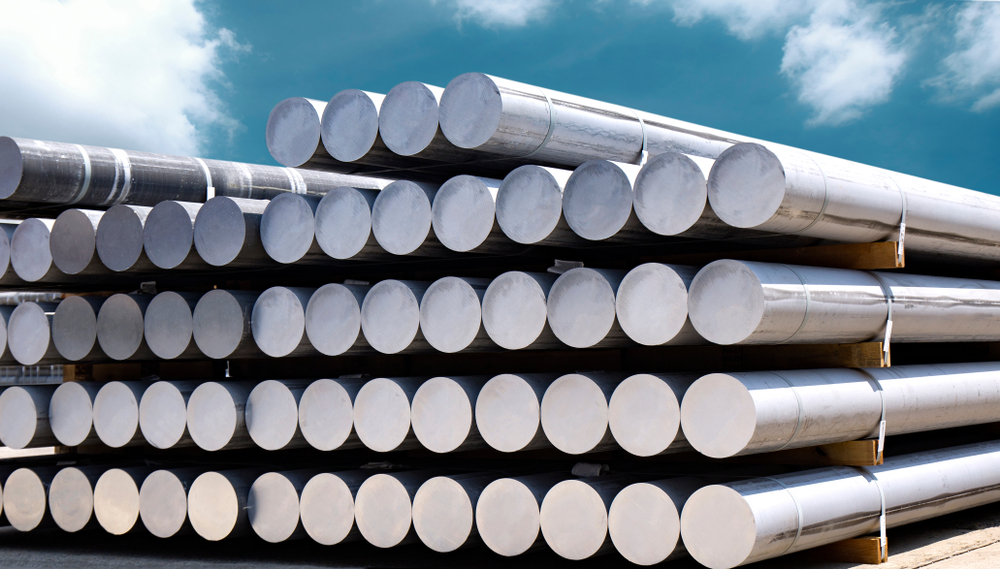






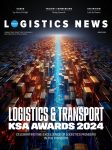



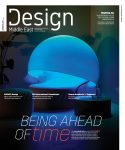



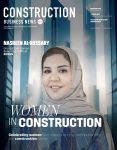

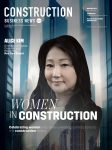
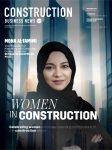


 Kuwaiti developer URC signs with Ahmadiah Contracting for the Commercial District development at Hessah AlMubarak
Kuwaiti developer URC signs with Ahmadiah Contracting for the Commercial District development at Hessah AlMubarak